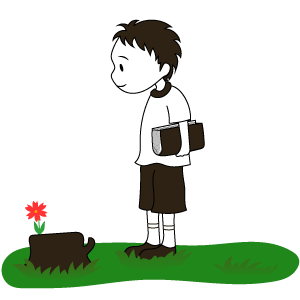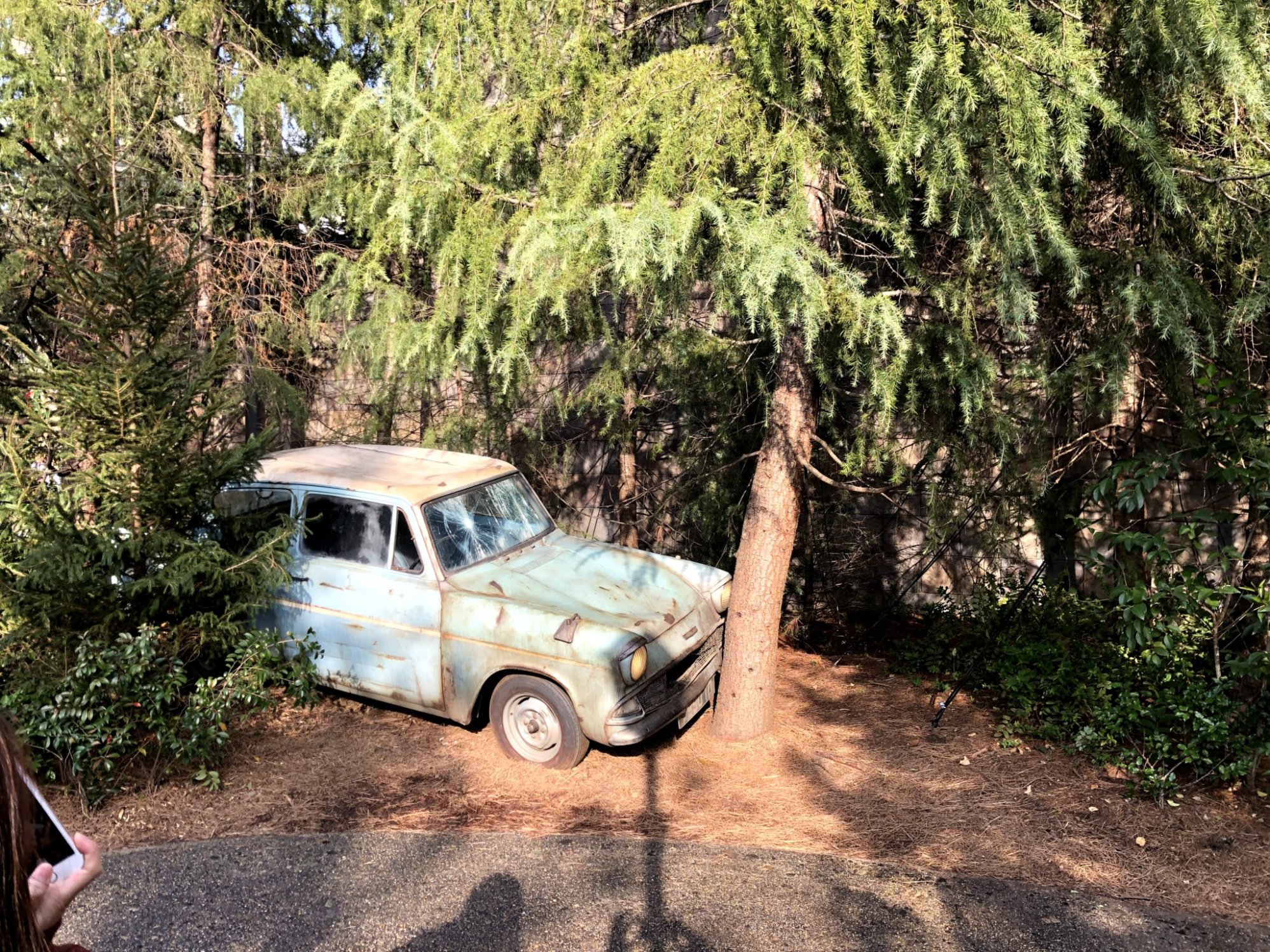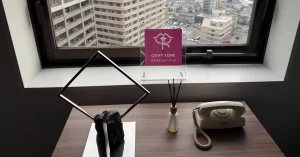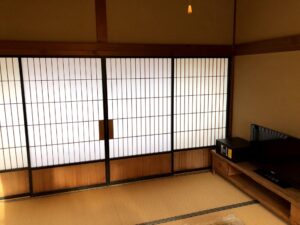Self-help books (business books) seem to be a poor match for literature, but I surprisingly like them. Whenever I go to a bookstore, I always pick up a few and skim through them.
The basic theme of self-help books is how to live and work, including how to make money.
But that theme is actually the key theme in literature. More specifically, these themes were the exclusive domain of literature.
For example, “The Crab Boat” is about how to work, and the private novels of Osamu Dazai, Kazuo Dan, and others are about how to live.
Modern self-help books are based on the author’s successful experience and theorized by adding objective data and social conditions to it.
However, the field of self-help books nowadays is so diverse that it is difficult to tell whether they are just books on how to work, how to earn money, or all of the above, and they are a veritable who’s who of self-help books.
How should people live now that literature has lost its power? This is a self-help book that answers the old and new theme that everyone is searching for in today’s language.
When I was a salaried worker, I remember going to the library and reading every self-help book on the shelves when I was in agony and wanted to quit.
I had always believed that everything was written in novels, so I avoided reading self-help books, but I happened to pick up a book called “Rich Dad, Poor Dad,” which could be called a pioneer book on self-help, and I was completely hooked.
I then fell in love with Naoyuki Honda’s books, which were very popular at the time, and then I fell in love with Tsuyoshi Takagi’s books, and then I fell in love with Toshio Okada’s and Holliemon’s books.
It would be fair to say that I was just a mehah, but the possibilities of new ways of living and ways of thinking presented at the time were very appealing, and as a novelist, I was drawn to them as well.
The main difference between self-help books and novels is that self-help books are usually written to achieve a certain goal or solve a problem. Nomads, making money, starting a business, gaining freedom, better qualifications, a job that suits you, changing your personality, living more comfortably, and so on.
And the ways to achieve this have changed over time. Rich dads make money as they go. Daisuke Shikaku and Tsuyoshi Takagi for the nomadic type, Manabu-san for information products, Ikehaya-san and Toshio Okada’s credit economy. After the “self-driven” style of a while ago, the latest trend is the “no-pressure” style.
Research on these trends may be a field originally handled by sociology, and if it were studied in depth academically, it might produce some interesting results.
The most influential media right now is probably YouTube. So, people who are working as self-help types are basically successful people in the real world. There are very few channels that talk about self-defeating lifestyles, because success stories are what viewers want most.
On the contrary, most of those who have presented (or practiced) such a new way of life in novels have met a tragic end. Osamu Dazai, Ango Sakaguchi, and Kazuo Dan too. Ryotaro Shiba’s heroes (Ryoma Sakamoto and Toshizo Hijikata) too.
In novels, as in self-help books, it is not absolutely guaranteed that you will succeed if you live this way. Instead of just putting up nice words and telling you to do what you want, dream what you want, or be free, the characters in literary works properly pay the price they should pay in exchange for success.
Most self-help books, however, rarely mention the price to be paid in exchange for obtaining their goals. Even if it is mentioned, it is treated as if it were insignificant. In Mr. Horie’s case, it even says that if his business fails, he has the option of “going bankrupt. Everything is strongly affirmed as a benefit, as if not doing so would be a loss.
If it were me, I would probably feel so bad for my creditors that I would not be able to stand still if I went bankrupt.
And literary works are well written about the price to be paid, sometimes invisible, and the virtues that can be lost. Knowing that price keeps the reader from easily imitating or following suit.
When I see people who read self-help books, attend seminars and membership salons, and are driven by the pursuit of success, I feel a sense of danger because they are so careless about the price they must pay behind their success.
For example, in the case of a network business, if you actually do it, you may succeed, but instead you may lose your ethics, your financial sense, and even your friends and acquaintances.
On the contrary, even “goodness of person” as a person’s greatest strength.
I have many friends who have become addicted to network business and have lost touch with it because of the words “dream” and “freedom.
Of course, if they are happy, that may be fine. However, it is a very sad thing to lose a friend because of a mere money-making scheme that has completely changed the persona of someone with whom you had a good rapport.
But it is difficult to say whether literature will ever again replace the self-help aspect that it once played.
The only thing literature can do is to analyze why these self-help books are selling so well, and then take the essence of the inspiration and put it into a story.
Novelists and writers of self-help books are basically the same in that they both want to communicate something. In the future, more novelists will write educational books, and conversely, many self-help people will write novels. I think this seamless feeling will deepen even more in the future.
At any rate, I hope that great works of literature will be born, regardless of which side they come from.
See you soon!












